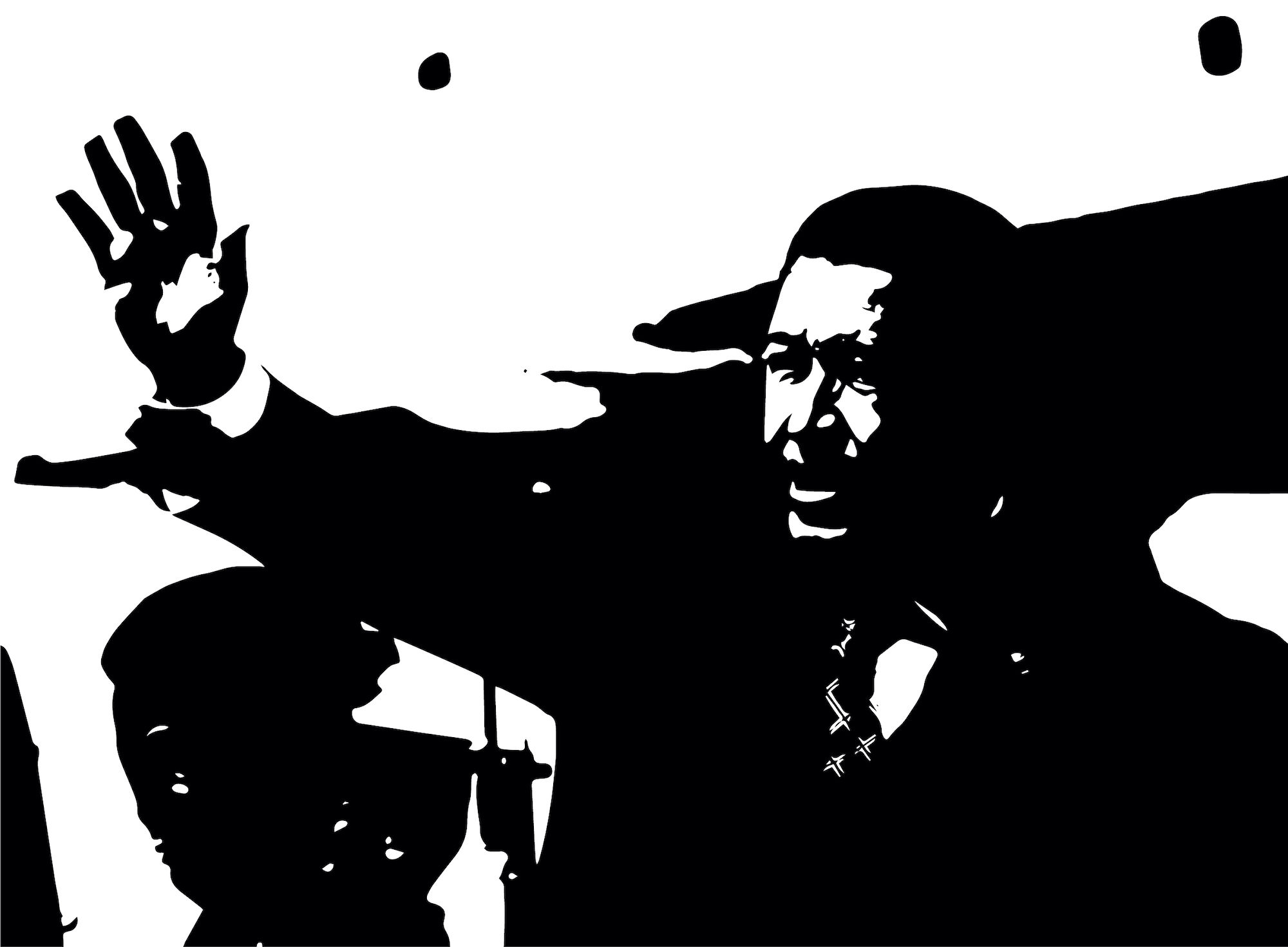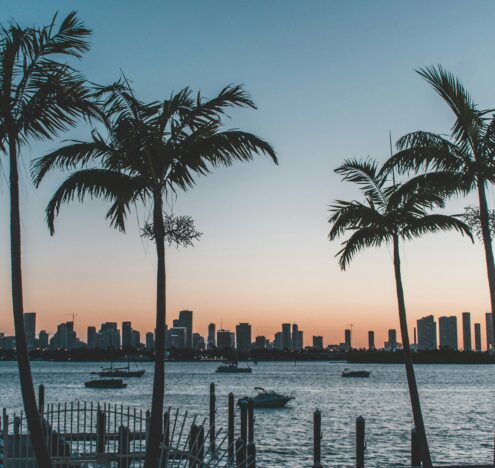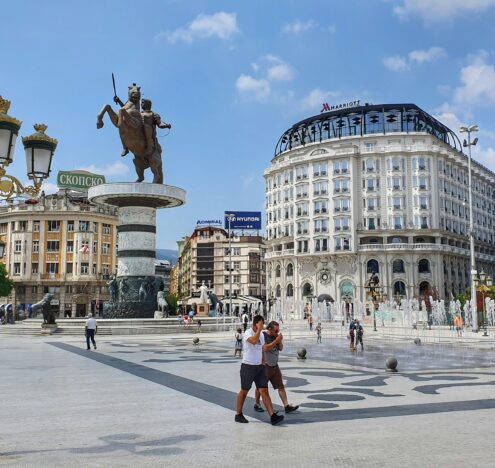This analysis was featured in Critical State, a weekly newsletter from Inkstick Media and The World. Subscribe here.
Last week, Deep Dive deep dove into why countries choose to expand and contract voting access among diaspora communities. Of course, actual ballots aren’t the only things political parties need access to in order to compete in elections. Candidates need money, they need a field organization, and — as though it was oxygen itself — they need media coverage to get their message to the people. Incumbent regimes are well aware of the need for media attention, and they often act to restrict access to it for their opponents in the same way that they restrict access to the vote itself.
Some more autocratic regimes just take control of the media entirely, but a more common strategy is to limit media access at the margins, making coverage harder to come by while still maintaining a veneer of press freedom. A new article in the journal Electoral Studies, by Kyong Mazzaro, examines when and where regimes actually implement those restrictions, and how they play into incumbents’ overall electoral strategies.
Opposition writers and broadcasters were often threatened with legal and extralegal sanctions by the Chavez government, and public accusations of media malfeasance were frequent.
Mazzaro gathered data from Venezuela, and put together a database of media restrictions in Venezuelan municipalities between 2002 and 2015. Media restrictions played a major part in Venezuelan elections during that period, which came after many media outlets supported an unsuccessful 2002 coup attempt against then-president Hugo Chavez, who was in office from 1999 until his death in 2013. Opposition media dominates the Venezuelan media landscape, with state television channels holding just a 5% market share in 2010, so the threat they posed to the regime was real. Opposition writers and broadcasters were often threatened with legal and extralegal sanctions by the Chavez government, and public accusations of media malfeasance were frequent.
It isn’t news to any election observers that incumbents take action to preserve their power around election time, but Mazzaro suspected that the Venezuelan government functioned more strategically than just implementing blanket press repression around election time. She looked at the specific locations and times that the government lashed out at opposition media, and found some noticeable patterns. Local-level media restrictions — that is, restrictions on certain local outlets, intimidation of particular reporters, and other small-bore, targeted acts of press repression — varied between locations, but was heavily dependent on the state of Venezuela’s national politics.
In times when the Chavez government was effectively unchallenged, press repression was delegated to lower levels of government and responded mostly to local grievances between pro- and anti-Chavez factions, which varied from town to town. Once national opposition politicians began to look like a threat to Chavez, however, local press repression became more systematic. Media restrictions would be imposed in opposition strongholds and in districts where local elections are close.
This interaction between local and national conditions in determining where and how press restrictions are implemented suggests a complex relationship between the needs of the regime at the national level and the wielding of power by local officials. The national government felt that it needed to retain the power to restrict the press during times of electoral danger, but the price for doing so was that local officials could use that power capriciously during times of national political calm. In order to maintain the ability to limit the media, in other words, the national government could only afford to maintain control over those limits when it mattered to them most.





















